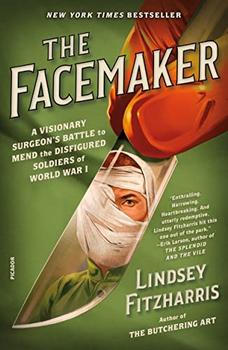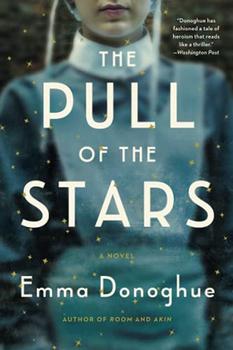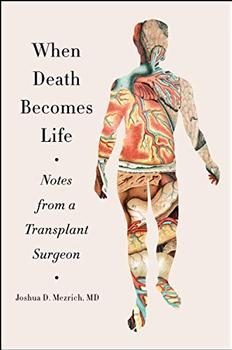Summary | Excerpt | Reviews | Beyond the book | Read-Alikes | Genres & Themes | Author Bio

A Visionary Surgeon's Battle to Mend the Disfigured Soldiers of World War I
by Lindsey FitzharrisLindsey Fitzharris, the award-winning author of The Butchering Art, presents the compelling, true story of a visionary surgeon who rebuilt the faces of the First World War's injured heroes, and in the process ushered in the modern era of plastic surgery.
From the moment the first machine gun rang out over the Western Front, one thing was clear: mankind's military technology had wildly surpassed its medical capabilities. Bodies were battered, gouged, hacked, and gassed. The First World War claimed millions of lives and left millions more wounded and disfigured. In the midst of this brutality, however, there were also those who strove to alleviate suffering. The Facemaker tells the extraordinary story of such an individual: the pioneering plastic surgeon Harold Gillies, who dedicated himself to reconstructing the burned and broken faces of the injured soldiers under his care.
Gillies, a Cambridge-educated New Zealander, became interested in the nascent field of plastic surgery after encountering the human wreckage on the front. Returning to Britain, he established one of the world's first hospitals dedicated entirely to facial reconstruction. There, Gillies assembled a unique group of practitioners whose task was to rebuild what had been torn apart, to re-create what had been destroyed. At a time when losing a limb made a soldier a hero, but losing a face made him a monster to a society largely intolerant of disfigurement, Gillies restored not just the faces of the wounded but also their spirits.
The Facemaker places Gillies's ingenious surgical innovations alongside the dramatic stories of soldiers whose lives were wrecked and repaired. The result is a vivid account of how medicine can be an art, and of what courage and imagination can accomplish in the presence of relentless horror.
Fitzharris describes Gillies' surgical techniques in detail, and while some specificity helps allow for visualization of the process, the descriptions occasionally become overly complex. The pictures included in the book are of greater benefit, showing several patients before, during and after their surgeries. Equally tragic and inspirational, detailed and thoroughly intriguing, The Facemaker brilliantly recounts the innovative efforts of Harold Gillies as he not only restored the faces of men injured on the battlefields but also laid the foundation for modern plastic surgery. Those interested in history, medicine and World War I will find plenty to love in Fitzharris' book if they can stomach the graphic descriptions and images...continued
Full Review
 (729 words)
(729 words)
(Reviewed by Jordan Lynch).
 The Facemaker by Lindsey Fitzharris tells the story of Harold Gillies, a brilliant surgeon and visionary who helped pioneer the field of facial reconstruction during World War I. Through his dedication and innovation, Gillies not only restored the faces of countless soldiers, he also laid the foundation for future reconstructive work and modern-day plastic surgery. Many individuals were influenced by Gillies, including his cousin, Archibald McIndoe.
The Facemaker by Lindsey Fitzharris tells the story of Harold Gillies, a brilliant surgeon and visionary who helped pioneer the field of facial reconstruction during World War I. Through his dedication and innovation, Gillies not only restored the faces of countless soldiers, he also laid the foundation for future reconstructive work and modern-day plastic surgery. Many individuals were influenced by Gillies, including his cousin, Archibald McIndoe.
McIndoe was born in New Zealand in 1900 and graduated from medical school in 1923. He traveled to America, where he worked at the Mayo Clinic, and moved to England in 1931. When he was unable to find employment there, he reached out to his cousin, Harold Gillies, who was older by almost two ...

If you liked The Facemaker, try these:

by Emma Donoghue
Published 2021
In Dublin, 1918, a maternity ward at the height of the Great Flu is a small world of work, risk, death, and unlooked-for love, in "Donoghue's best novel since Room" (Kirkus Reviews).

by Joshua D. Mezrich
Published 2020
A gifted surgeon illuminates one of the most profound, awe-inspiring, and deeply affecting achievements of modern day medicine - the movement of organs between bodies - in this exceptional work of death and life.